Break Out of Your Silo
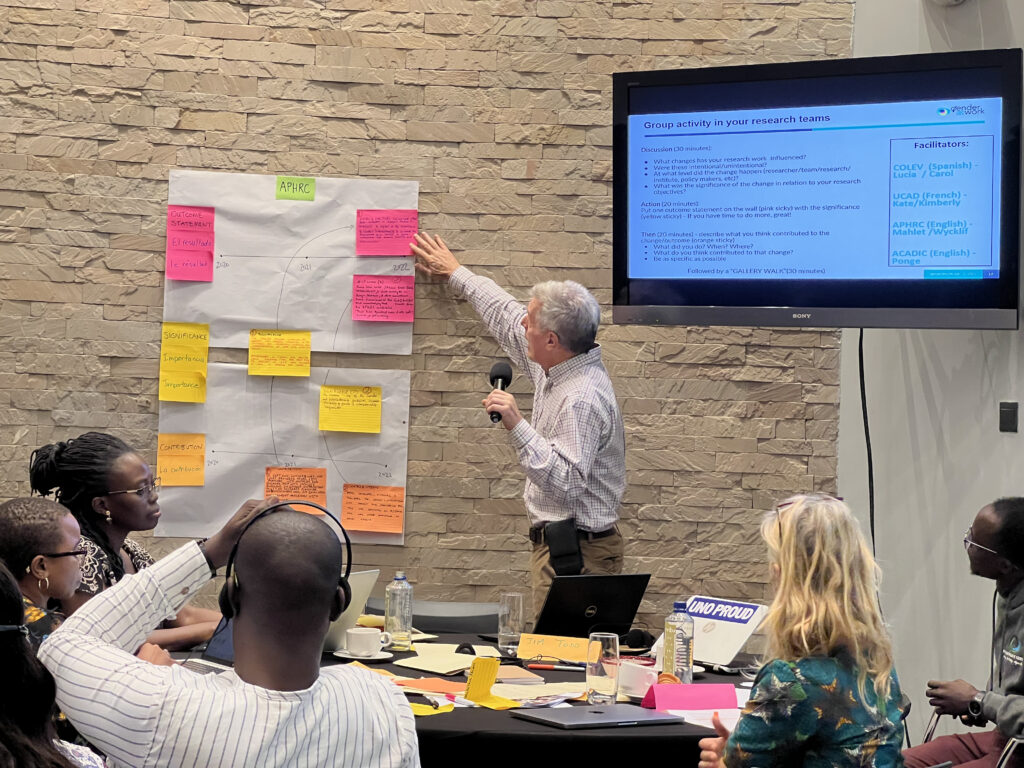
Jim Todd questions his own positionality as a white privileged male academic who becomes a mentor to a younger female academic of colour. In narrating this experience, he challenges himself and others to listen and learn from our differences and avoid thinking in ‘silos,’ that perpetuate discrimination and biases within academic and research environments.
Walking the talk: Think tanks and gender – What did we learn?
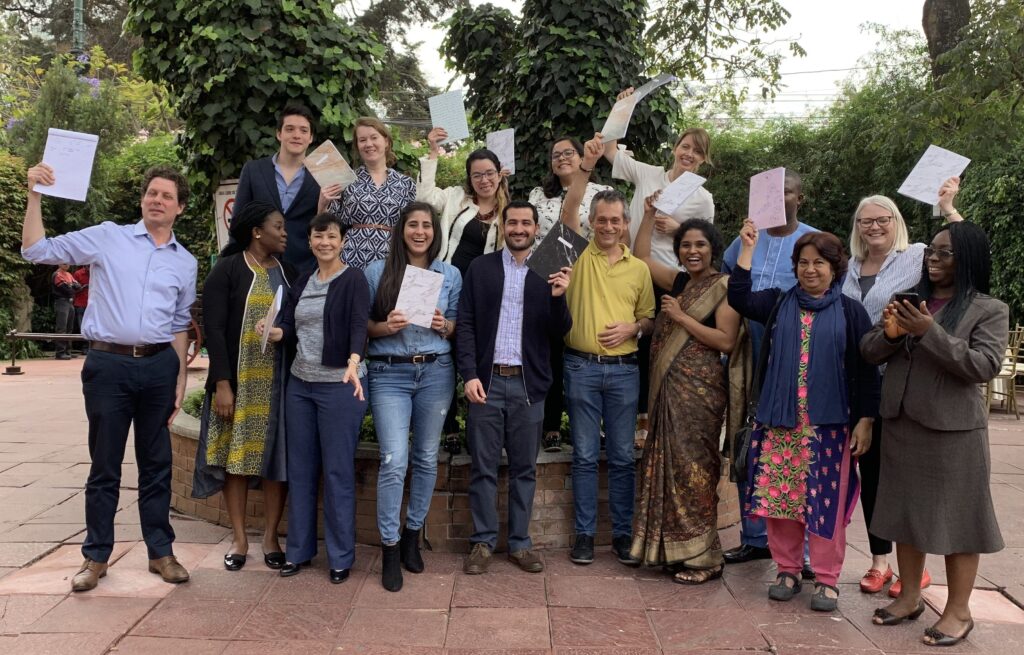
Shortly after launching this blog series, Gender at Work participated in Women Deliver 2019 Conference held in Vancouver and attended by over 8,000 policy makers, researchers and activists from around the world. Several sessions, including three co-hosted by IDRC, explored the theme of gender and research. We were intrigued by how many of the ideas discussed at Women Deliver had been discussed in the TTI Gender Action Learning Project (GALP) and in the writeshop.
Incorporating Gender into Academic Research Life
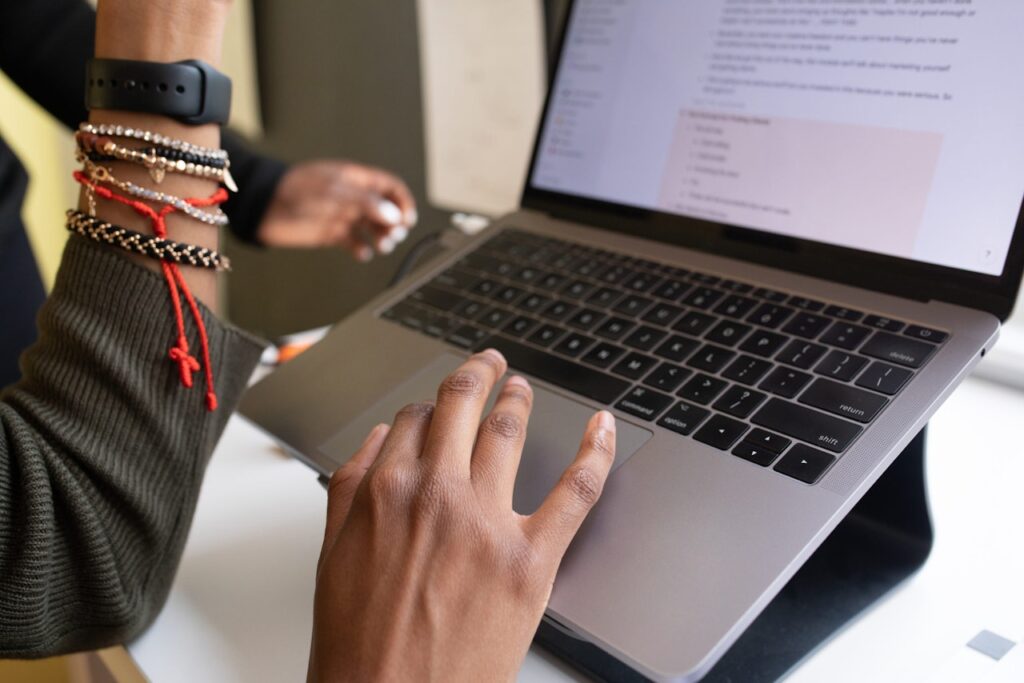
I always wondered how the University of Ghana could deepen its commitment to gender equality without ambitiously incorporating the concept into all aspects of academic research life. In 2011, three years after joining the University of Ghana faculty, I rejoiced to see the University formally committing itself to gender by launching its first sexual harassment policy.
Why am I still getting “the look”?
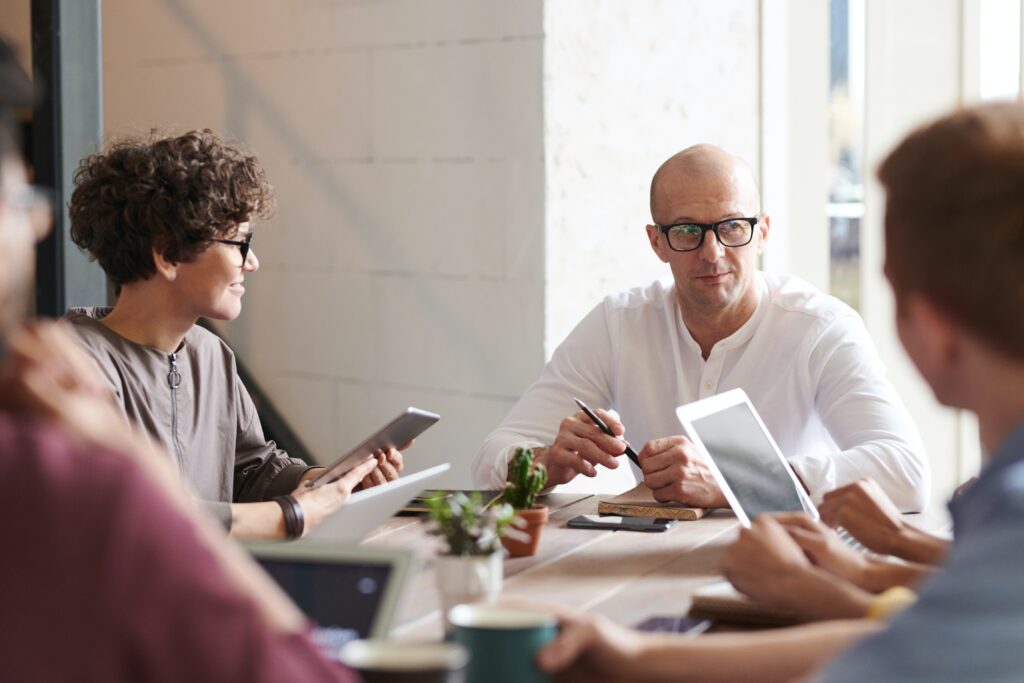
As Director of Research and Statistics at FUSADES, I have been working (and thinking) on women´s economic empowerment for some time now. At FUSADES, we have been working (and thinking) on how to incorporate a gender focus on research in order to be more effective in our policy recommendations; we wrote about this a while back in 2017.
Despite progress, Bangladeshi young women still lag far behind
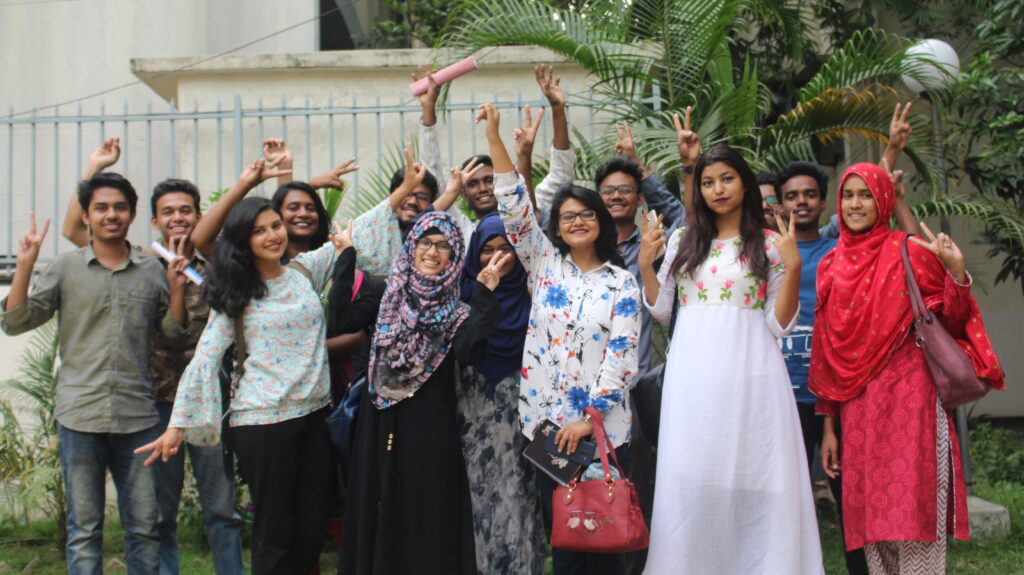
Bangladeshi women have come a long way in terms of economic and social empowerment. Yet beneath these encouraging statistics, we find some unexpected anomalies that call for serious attention.
Let us start with some positive statistics. Starting from a very low base in the early 80s, today girls are at par with boys in completing education up to higher secondary level. Before the days of producing ready-made garments (RMG), women’s participation in the formal economy was minimal and their back-breaking work in the informal economy was invisible. Capitalizing on the abundant female labour force, Bangladesh has become the second largest RMG exporter. Women’s labour force participation more than doubled in the last couple of decades.
Strengthening gender as a component of Research Quality (+)
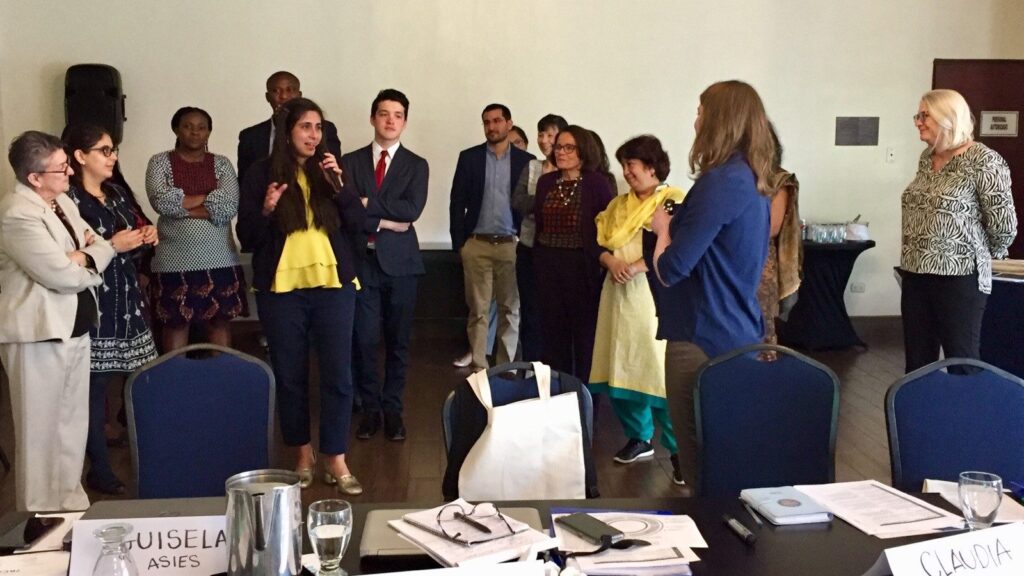
It was easy to feel inspired in the warmth of Guatemala City (while it was barely reaching above zero back home in Ottawa), surrounded by individuals hailing from five different think tanks from five different countries. Over the course of four days everyone shared honest reflections from their personal and professional experiences as part of the final workshop of the Gender Action Learning Project (GALP), supported through the Think Tank Initiative (TTI).
A workshop to remember
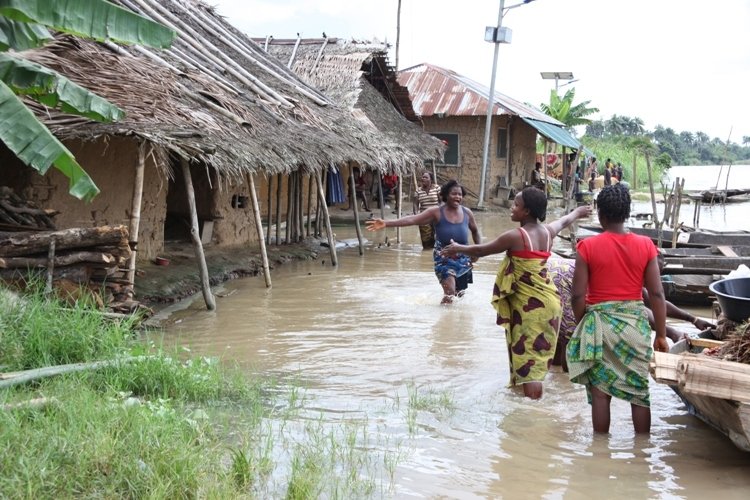
My journey with Centre for Population and Environmental Development (CPED) began on Monday December 9th, 2018. This was coincidentally the first day of a three-day capacity building workshop held at Precious Palm Royal Hotel, Benin City, Edo State, Nigeria. It was held to mark the inception of the project titled “Empowering women as key leaders in promoting community-based climate change adaptation and disaster risks initiatives in Niger Delta region” (learn more here). The workshop was organized by CPED in conjunction with the International Development Research Centre (IDRC) and the Intervention Council for Women Affair (ICWA).
Mainstreaming gender in a research institute
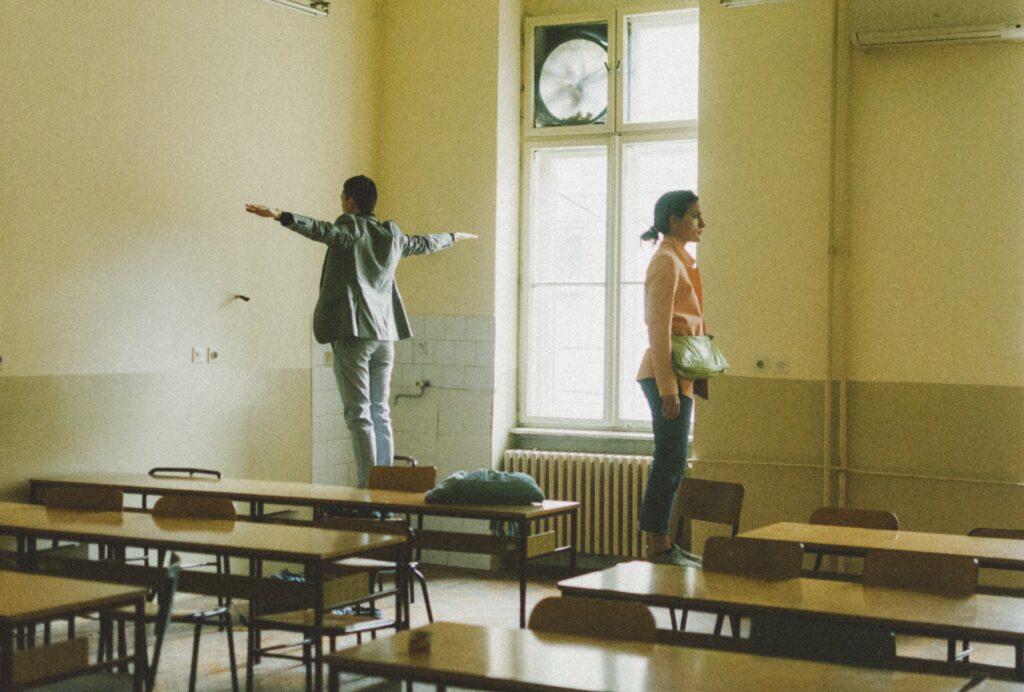
“We are strong on gender and research — we have a dedicated centre working on this”. This was how BRAC Institute for Governance and Development (BIGD), a research and policy institute in Bangladesh, proudly presented itself to the outside world of similar research institutes and government agencies. That ‘dedicated centre,’ established in 2012, was the Centre for Gender and Social Transformation, where I was a founding member. However I have had my doubts about whether having a specialised research centre is enough to ensure that the research and advocacy done by the Institute as a whole is gender transformative. Is the Institute contributing to challenging gender discrimination and bringing about greater gender equity? Or is it able to ensure gender responsive research through understanding that differences between women and men needs to be taken into account at all stages of research planning, design, implementation, analysis and writing, not just through the work of the dedicated Centre?
Crafting and sharing powerful narratives in Guatemala City
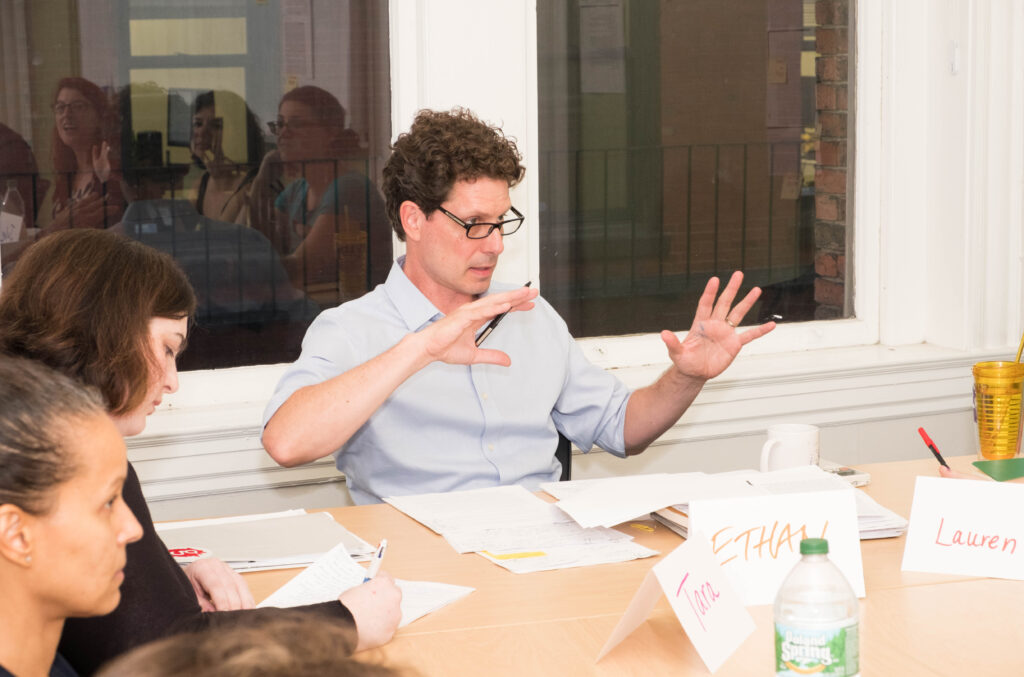
It was around my fourth cup of coffee on the second day when I finally thought, “OK, I think this is going to work.”
Researchers, academics, non-profit administrators and warriors on the front lines of gender equity work: perhaps they can write powerful personal and reflective narratives. Even without much previous training writing in this form.
But I wasn’t so sure at first.
I’m a creative writing teacher, a journalist and an author. I’m accustomed to teaching students who are interested in writing novels, memoirs, personal essays and topical opinion pieces. Those with aspirations to be writers with a capital “W.”
My experience with gender sensitive research
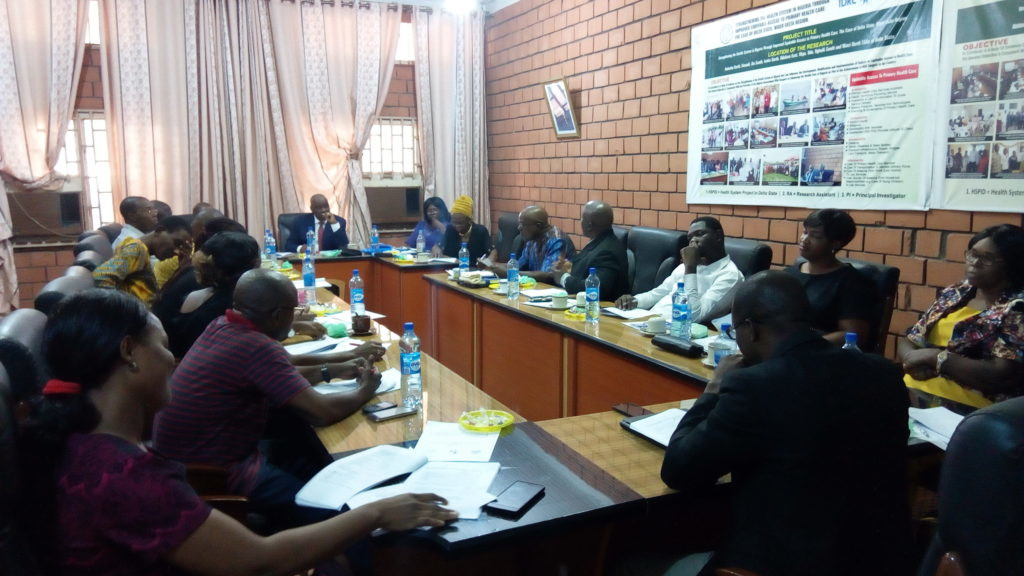
It all started when I was nominated to join a project research team to enhance the capacity of women in the Niger Delta region of Nigeria.
